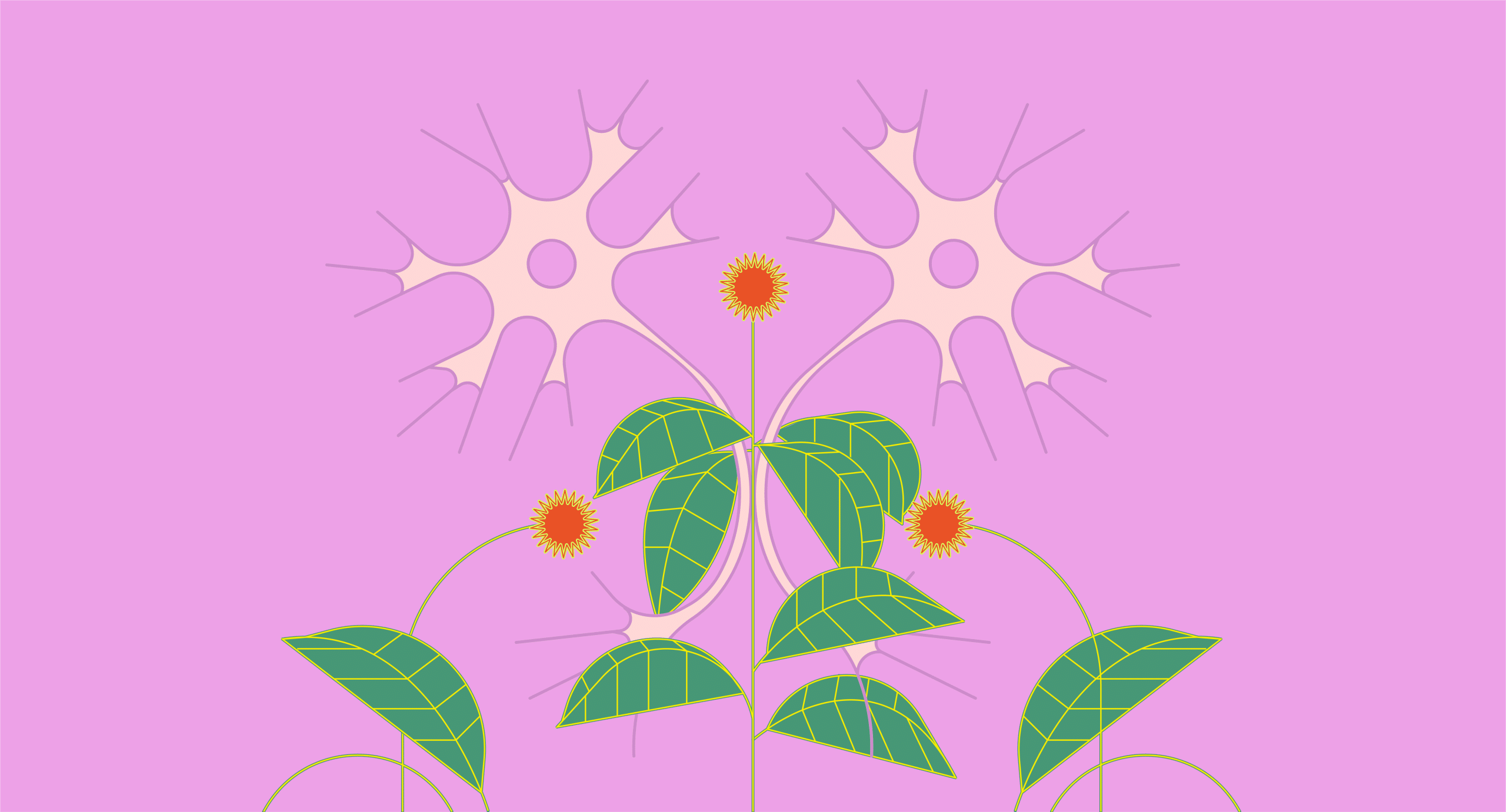Top 10 Kratom Alternatives
Some of these alternatives present very similar effects to kratom in some capacity. However, keep in mind that none of them possess the unique combination of alkaloids that makes kratom such a powerful herbal supplement.
And remember that each one affects the body differently — while one might be safe for you, another may not. If you have health problems or are on medications, always check with your doctor before using a new supplement.
Here are the main reasons users choose kratom:
- Significant increase in physical energy and concentration
- Effective pain relief with a safer profile than opioid medications
- Decreased social anxiety
- Improved mood
- Cope with withdrawal symptoms
- Manage symptoms of anxiety and depression
Understanding each supplement’s effects will be crucial, so you can replace kratom with something that fits your needs.
Some herbs are effective painkillers, others are fantastic anti-anxiety supplements, and even close relatives of kratom have broadly similar effects.
Here is a look at the most common kratom alternatives and their benefits and safety profiles.
1. Kava
Kava (Piper methysticum) is a tropical plant native to the islands of the western Pacific. Locals have been drinking it for millennia to initiate rituals and religious ceremonies and as a drink to stimulate socialization.
Its effects can alleviate anxiety, stress, and depressive symptoms. It promotes sleep and improves mood but is not stimulating like kratom [1]. You can take it in kava bars. But luckily, it is also sold by many reliable vendors, such as Remarkable Herbs and Happy Hippo Herbals.
Kava was wrongly associated with severe liver damage, though this was disproved later on. Its widespread social use indicates that it is a safe substance with little chance of addiction, yet there is a risk of over-ingestion.
Although it is a safe supplement, kava in more than recommended amounts may cause side effects such as dizziness, nausea, or drowsiness. In addition, it may enlarge your pupils, and there are cases of stomach pain. Less commonly, it can cause fever or skin rashes.
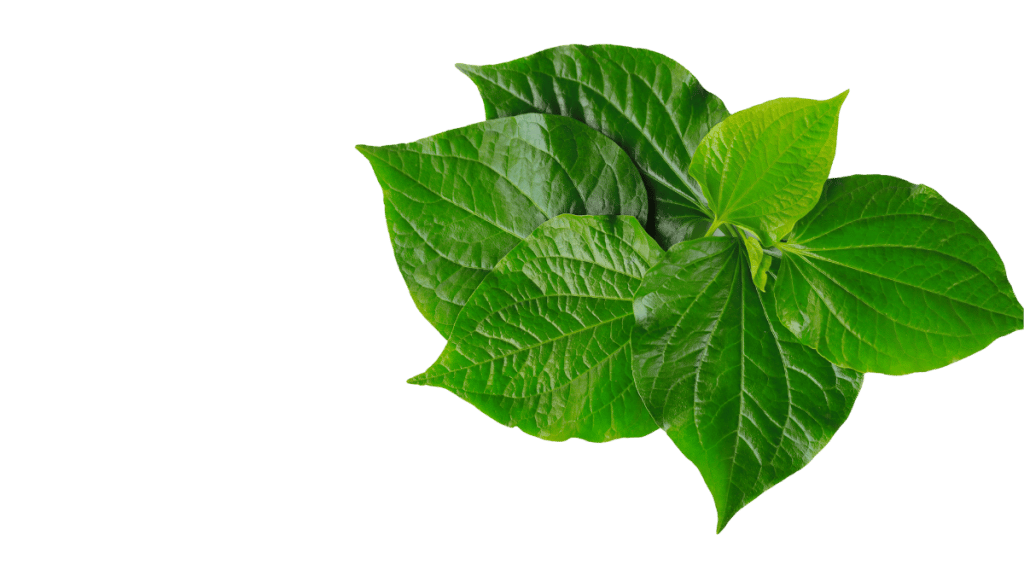
2. Kanna
Kanna (Sceletium tortuosum) is a succulent plant native to South Africa. Its alkaloids can produce euphoria and nootropic effects comparable to kratom. It also improves mood and relieves symptoms of depression and anxiety while providing mild analgesic effects [2].
Kanna does not cause hallucinogenic effects and is not particularly strong. While studies are lacking, its widespread social use among natives indicates that it is not a dangerous substance. A safe dose of Kanna ranges from 50-200 mg of dry plant matter per day.
This herb can cause mild to moderate withdrawal symptoms if you exceed that threshold. This is not dangerous, but it can cause anxiety, lethargy, or depression. Furthermore, this can last up to five days but is not physically worrisome.
You can buy Kanna from reputable brands like Happy Hippo Herbals. It does cause side effects such as headaches, pupil dilation, nausea, or anxiety if you take too much. Although very rare, there are anecdotal reports of panic attacks related to overly high doses.
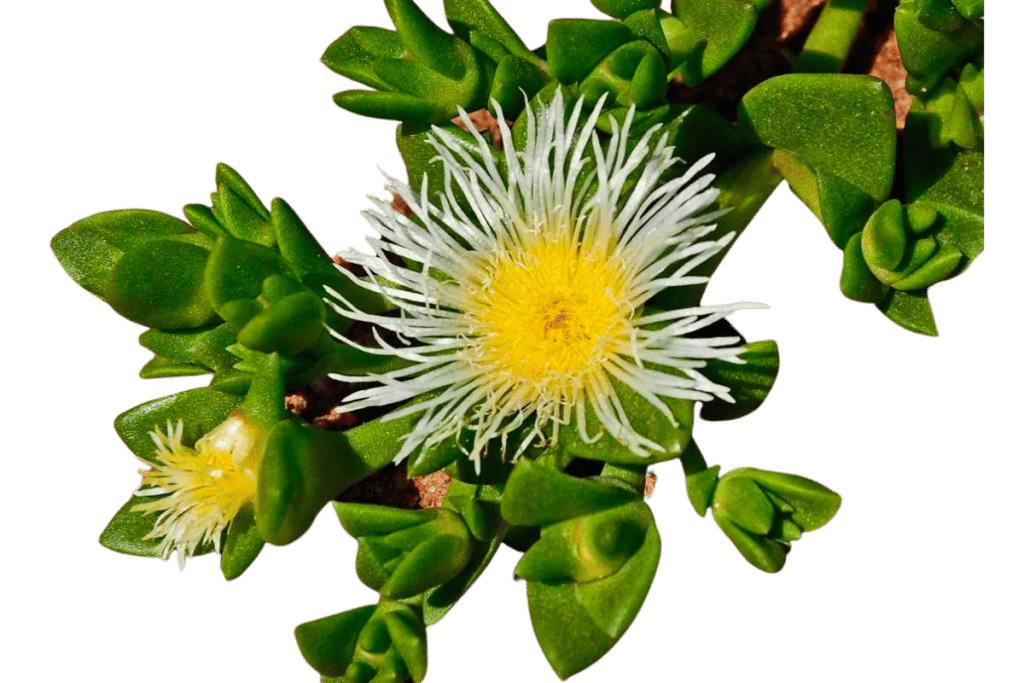
3. CBD
Cannabidiol, also known as CBD, is one of the naturally occurring active cannabinoids of the cannabis plant. It is not a psychoactive substance, which makes it ideal in products such as oils, edibles, salves, and tinctures.
Users choose CBD-based products because they reduce anxiety, improve mood, and relieve chronic pain [3, 4]. It also relieves nausea and can lower blood pressure. Science increasingly supports its benefits, and it is a highly safe substance.
However, this does not mean that it is free of possible side effects. These are very mild and include general fatigue and a reduced appetite that can lead to weight changes. To a lesser extent, it may cause diarrhea, although no conclusive studies exist.
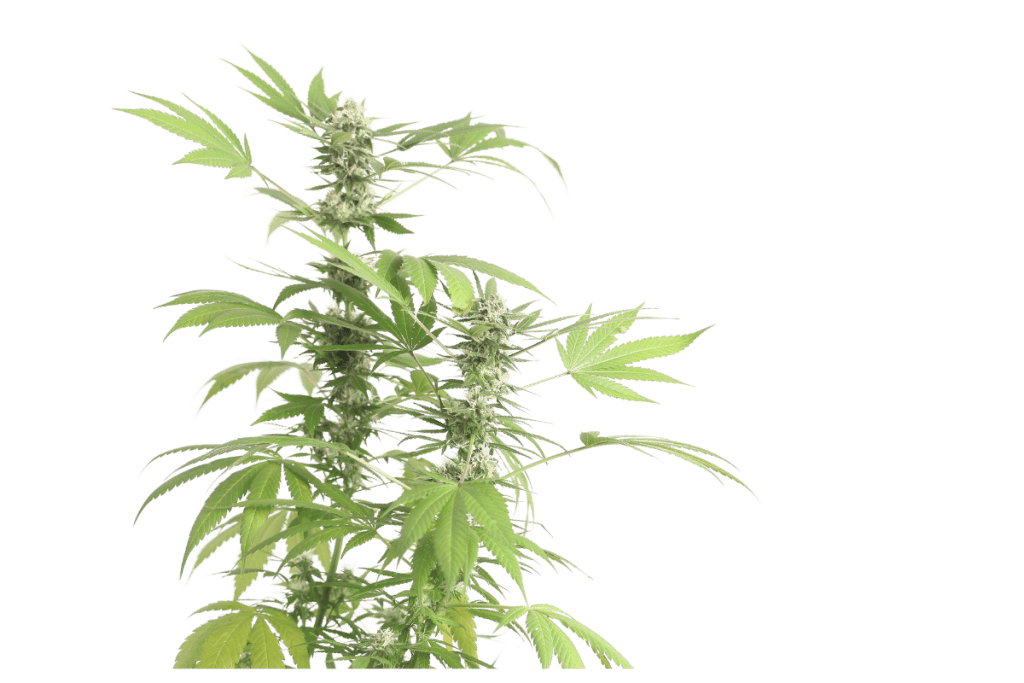
4. Phenibut
Phenibut is a synthetic drug of Russian origin, formulated to combat anxiety and insomnia. This substance interacts with gamma-aminobutyric acid (GABA) in the brain, causing a calming effect and decreasing nervous system activity.
The FDA disapproves phenibut for medical use, even though it is legal as a supplement. Users choose phenibut to calm anxiety, reduce pain, or as a nootropic that promotes alertness. It also is used to help insomnia and prevent vestibular disorders that cause dizziness [5].
Still, phenibut has dangerous side effects and a high potential for addiction. The most common are shortness of breath, fatigue, loss of consciousness, nausea, and dizziness. In addition, its withdrawal can be severe and even fatal, as it can last up to a month.
Phenibut withdrawal includes symptoms such as:
- Anxiety and fear
- Auditory and visual hallucinations
- Cognitive deficits
- Fatigue and agitation
- Heart palpitations
If you choose phenibut as a kratom alternative, you should be careful and respectful of this substance. Additionally, the FDA doesn’t approve it yet, i.e., the products for sale are not regulated.
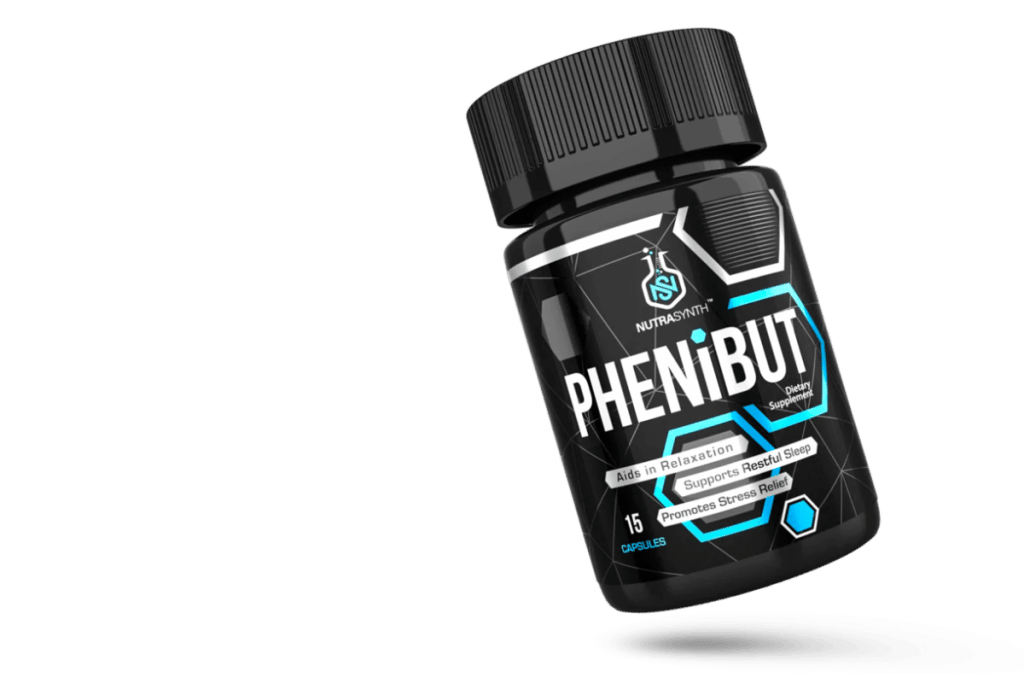
5. Valerian Root
Valerian root (Valeriana officinalis) is native to Asia and Europe, and its medicinal use began in ancient Greece and Rome. Users primarily choose valerian root to treat insomnia and anxiety, although its therapeutic use extends further [6].
This herb has anti-inflammatory benefits that can relieve body pain, menstrual pain, and headaches. It interacts with GABA receptors in the brain, reducing anxiety, depression, and even menopausal symptoms.
Valerian root is a safe herbal supplement for improving sleep, falling asleep quickly, and promoting deep sleep. However, its use is not advised in patients taking sedatives or anxiolytics, pregnant or breastfeeding women, and children under three years of age.
Despite being a safe herb, it could produce the following side effects:
- Changes in heart rate
- Discomfort
- Drowsiness
- Dry mouth
- Headaches
- Insomnia
- Upset stomach
- Vivid dreams
If you are looking for a reliable vendor, Kats Botanicals sells tested and top-notch valerian root capsules.
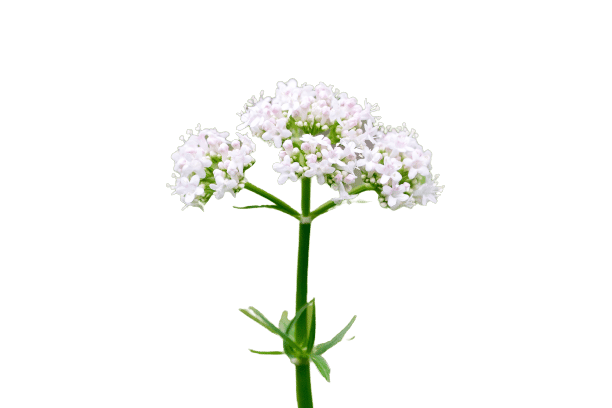
6. Akuamma
Akuamma (Picralima nitida) is a tree native to West Africa, where its dried seeds are a staple in traditional medicine. Akuamma treats diarrhea and malaria symptoms and acts as an analgesic. Still, its therapeutic uses go far beyond that.
Akuammine, its primary alkaloid, shares mitragynine’s chemical structure and stimulates the mu-opioid system. Therefore, it has analgesic properties and relaxes the muscles. In addition, it effectively reduces fever and is a potent anti-inflammatory [7].
Other benefits include relieving gastrointestinal discomforts such as vomiting and diarrhea, and it is even used to purge intestinal worms. In addition, its bark is a treatment for jaundice and yellow fever. Furthermore, its root is used to cure pneumonia, among other ailments.
It is a relatively safe medicinal plant, although no scientific research has confirmed or disproved it. We know it produces headaches as a side effect, especially when combined with other analgesic or sedative medications.
Like any other substance, its use in excess over time could lead to dependence, potentially similar to kratom. Happy Hippo Herbals sells high-grade akuamma powder, adequately tested and free of pesticides.
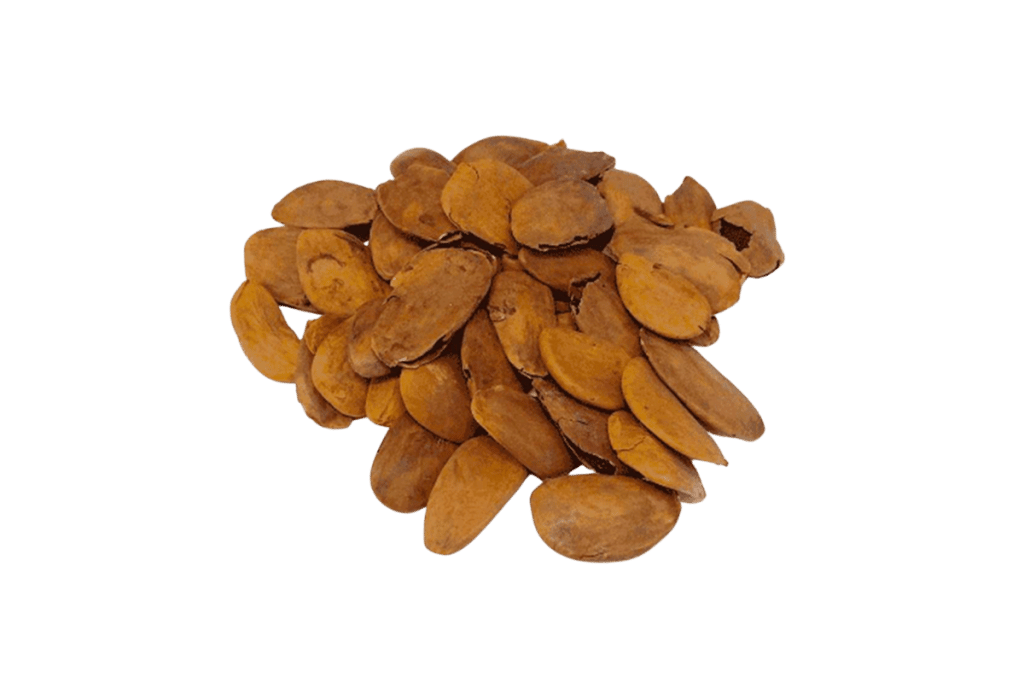
7. Turmeric
Turmeric (Curcuma longa) is a root used as a spice from South Asia. It is one of the main ingredients of curry, but it is also one of the pillars of Ayurvedic medicine due to its anti-inflammatory and painkiller effect.
Its main active ingredient, curcumin, is a formidable anti-inflammatory, effectively preventing inflammation. But turmeric is also used to combat other ailments such as fatty liver, hay fever, high cholesterol, depression, high blood pressure, and even osteoarthritis [8].
This supplement is powerfully effective and has a very high safety profile, as there are no known interactions or severe side effects. Even so, using turmeric in excess could cause flatulence, headache, acid reflux, nausea, and even skin rashes.
We advise you to avoid using commercial turmeric powders, which have almost zero bioavailability. In addition, they are usually made with fillers and colorings, as they are mainly geared toward cooking. If you want to try this kratom alternative, Kats Botanicals sells safe turmeric supplements.

8. Moringa
Moringa (Moringa oleifera) is a medicinal plant native to northern India. Natives have used its leaves, stems, root, and seeds to treat various conditions for centuries. Today, it is popular in America for its high vitamin, mineral, and amino acid content.
Moringa is a superfood because it contains essential vitamins and minerals, such as vitamins A and C, iron, zinc, and magnesium. In addition, it has anti-inflammatory and antioxidant properties.
Furthermore, moringa could help improve the immune system and metabolism. In addition, it may improve sleep, and some users choose it to treat skin conditions. It is highly beneficial for joint health due to its anti-inflammatory power.
As an alternative to kratom, moringa can lower blood sugar or cholesterol levels. However, it is not a good alternative for increasing energy levels, elevating mood, or relieving pain [9].
Moringa is considered a safe medicinal plant, as no side effects are reported, and there is no potential risk of addiction. Kats Botanicals sells moringa supplements, should you want to try this alternative.

9. Mitragyna javanica
Mitragyna javanica is a close relative of kratom and could be a solid alternative, although it is less potent. This is because they share many alkaloids, except for mitragynine and 7-hydroxymitragynine.
Even so, this herb possesses several therapeutic benefits. Low doses are energizing, and high doses are relaxing, like kratom [10]. Also, Mitragyna javanica strengthens the immune system, has effective antibiotic properties, and lowers blood pressure.
It also interacts with the opioid system, so it can help control withdrawal, although it is not as effective as kratom. This also means that it has a potential risk of tolerance and addiction, although to a lesser extent than kratom.
The most common side effects of Mitragyna javanica include:
- Constipation
- Dehydration
- Dizziness
- Increased heart rate
- Nausea
You will find products based on this alternative on Remarkable Herbs’ website.

10. Mitragyna hirsuta
Mitragyna hirsuta is one of the most commonly used alternatives to kratom, as it is closely related. They share a similar range of effects, and it is an excellent choice for those living in places where kratom or its alkaloids are criminalized.
While Mitragyna hirsuta also contains many alkaloids in kratom, it does not have mitragynine or 7-hydroxymitragynine. Lower doses provide stimulation, and higher doses are sedative and analgesic, although to a much lesser extent than kratom [10].
This may be a disadvantage to some, but it is less addictive than kratom. While it has a lower dependency potential, it can still cause side effects such as nausea or lethargy.
Remarkable Herbs also sells high-quality M. hirsuta supplements, should you want to try them.
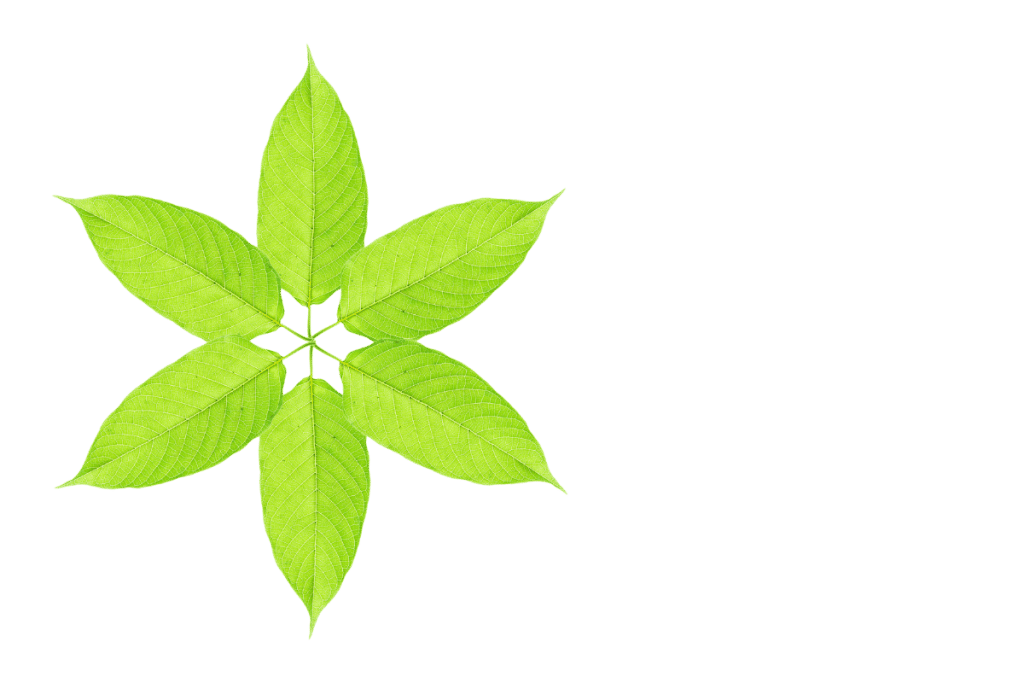
Why Replace Kratom?
Many people do fine and never need to replace kratom, even temporarily. They use it occasionally and never have to rely on it too many days in a row. So other than to have more weapons in your arsenal, why bother with alternatives?
1. It’s Time for A Tolerance Break
Kratom is increasingly popular in the United States due to its relaxing and stimulating qualities, which vary according to the dose and strain used. This plant contains more than forty known alkaloids, but the most important are mitragynine and 7-hydroxymitragynine.
Mitragynine is an agonist of the mu-opioid and kappa-opioid systems, offering stimulant, energizing, and nootropic effects. 7-hydroxymitragynine is also an agonist of the mu-opioid system. It is an effective painkiller — sometimes more potent than morphine — and promotes mental and physical relaxation and powerful pain relief.
Thanks to these alkaloids, kratom has unique properties. Low doses of this herb promote concentration, combat fatigue, and enhance mood. Conversely, high doses offer relief from pain and reduce anxiety.
But these alkaloids also have drawbacks — tolerance, dependence, and addiction. The pleasant feelings become addictive, psychologically and physically. This addiction is nowhere near as severe as opioid addiction, but it’s best to avoid it.
At a minimum, your body gets used to it and needs more to feel the same effects. To avoid this, take a short break from kratom and allow your system to reset.
Unfortunately, many people rely on kratom daily — often in high doses — for chronic pain, debilitating anxiety, or opioid withdrawal. By using an alternative, they can be comfortable without using kratom consistently.
Suggested Reading: Is Kratom Addictive? Signs, Symptoms, & What to Do About It
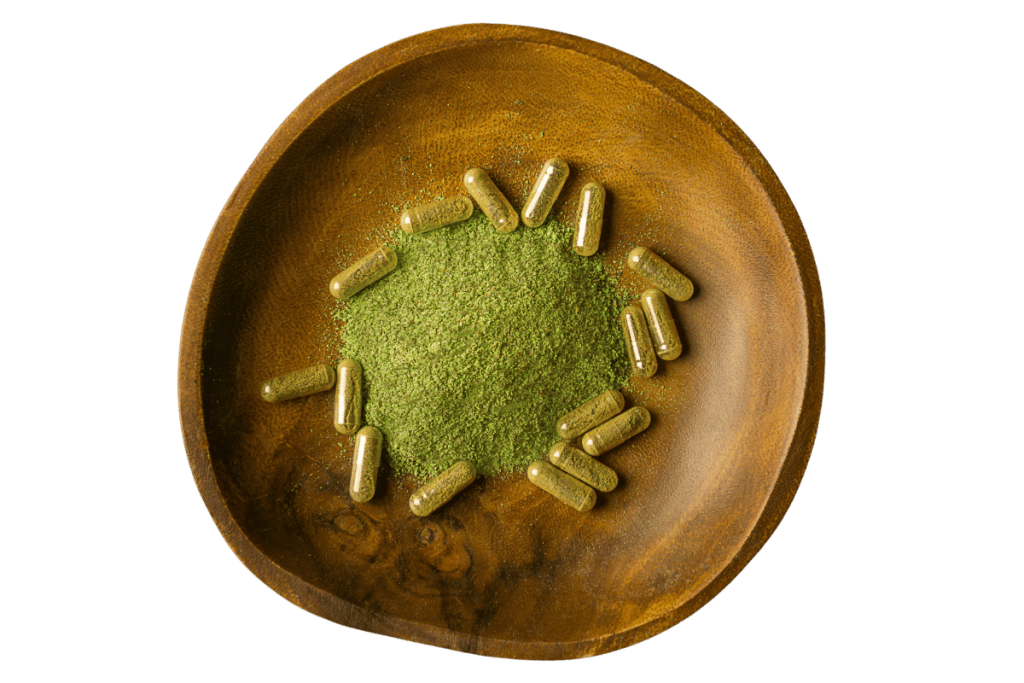
2. Laws Prohibit It
Kratom is generally safe, but because of its actions on the opioid system, much fear and misinformation surrounds it. This has affected kratom’s legality, as legislators mistakenly associate it with more dangerous opioids like heroin or prescription painkillers.
Hopefully, the tide will turn since the World Health Organization reviewed kratom and found it safe when used responsibly.
Suggested Reading: Is Kratom An Opioid?
Why You Should Buy Alternatives Online
Although most of these alternatives are available in physical stores, fundamental reasons make buying these herbs online a better option.
For starters, physical stores have overhead costs that make their products more expensive, such as taxes, rent, and salaries. In contrast, online retailers lack these expenses and can keep their prices lower — most offer welcome discounts and occasional deals.
Furthermore, physical stores often have little knowledge of alternative products. Therefore, they often offer popular products without knowing much about them. This could result in buying adulterated items or items with minimal concentrations of the active ingredient.
For this reason, buying these alternatives over the internet is a much safer bet. This way, you can search for third-party reviews and quickly check if the product is lab tested, which is essential for lesser-known alternative supplements.
Buying online also ensures you access higher quality products, as you buy the product directly from the seller. Conversely, when you buy a product in a store, there are many intermediaries that you do not see, negatively impacting its quality.
Finally, you will find a broader range of alternatives in many available formats online. Plus, with a couple of clicks, you can have your supplements delivered to your doorstep, as most brands offer free shipping throughout the United States.

Factors to Keep In Mind When Buying
In addition to the reasons we mentioned above, other factors may hinder your search for kratom alternatives. Here is a list of tips to help you find the ideal herbal supplement.
Keep these factors in mind when shopping for kratom alternatives:
- Do your research. Knowing kratom inside out and why you are looking for an alternative will point you in the right direction. Therefore, subjecting each herb to thorough research beforehand will be critical to your safety.
- Vendor feedback. If you have the slightest suspicion that the brand is not entirely transparent with its product, discard them immediately. Shady vendors abound, and you must put your health first, as they will not.
- Good storage is critical. Most supplements require specific storage conditions to preserve their shelf life. Stay away from items exposed to poor lighting, humidity, or other types of contamination.
- Knowledge. Most brands cannot specify crucial details, such as how bioavailable the active ingredient is. Don’t shop there if the brand or store refuses to provide essential information such as COAs or other vital questions.
- Positive reviews. Seeking third-party reviews beforehand will be critical, as they tend to be unbiased. It’s hard to go wrong with a vendor or product with consistently positive reviews from independent users.

Conclusion: Best Kratom Alternatives
Finding alternatives to a medicinal plant as complex and complete as kratom is difficult. Even so, we hope this article was helpful in clarifying the most popular options and how each one can help you. As you can see, many are partial replacements of kratom.
We suggest that you consider your safety first and foremost before trying these alternatives, as every substance has its risks. And as always, check with your doctor before taking any supplements.
- Wang, Y., Su, C., Zhang, B., Niu, Y., Ren, R., Zhao, X., … & Ma, X. (2021). Biological Activity, Hepatotoxicity, and Structure-Activity Relationship of Kavalactones and Flavokavins, the Two Main Bioactive Components in Kava (Piper methysticum). Evidence-Based Complementary and Alternative Medicine, 2021.
- Olatunji, T. L., Siebert, F., Adetunji, A. E., Harvey, B. H., Gericke, J., Hamman, J. H., & Van der Kooy, F. (2021). Sceletium tortuosum: A review on its phytochemistry, pharmacokinetics, biological and clinical activities. Journal of Ethnopharmacology, 280, 114476.
- Argueta, D. A., Ventura, C. M., Kiven, S., Sagi, V., & Gupta, K. (2020). A balanced approach for cannabidiol use in chronic pain. Frontiers in pharmacology, 11, 561.
- Skelley, J. W., Deas, C. M., Curren, Z., & Ennis, J. (2020). Use of cannabidiol in anxiety and anxiety-related disorders. Journal of the American Pharmacists Association, 60(1), 253-261.
- Lapin, I. (2001). Phenibut (β‐phenyl‐GABA): A tranquilizer and nootropic drug. CNS drug reviews, 7(4), 471-481.
- Roh, D., Jung, J. H., Yoon, K. H., Lee, C. H., Kang, L. Y., Lee, S. K., … & Kim, D. H. (2019). Valerian extract alters functional brain connectivity: A randomized double‐blind placebo‐controlled trial. Phytotherapy Research, 33(4), 939-948.
- Creed, S. M., Gutridge, A. M., Argade, M. D., Hennessy, M. R., Friesen, J. B., Pauli, G. F., … & Riley, A. P. (2020). Isolation and pharmacological characterization of six opioidergic Picralima nitida alkaloids. Journal of natural products, 84(1), 71-80.
- Ahmad, R. S., Hussain, M. B., Sultan, M. T., Arshad, M. S., Waheed, M., Shariati, M. A., … & Hashempur, M. H. (2020). Biochemistry, safety, pharmacological activities, and clinical applications of turmeric: a mechanistic review. Evidence-based complementary and alternative medicine, 2020.
- Dhakad, A. K., Ikram, M., Sharma, S., Khan, S., Pandey, V. V., & Singh, A. (2019). Biological, nutritional, and therapeutic significance of Moringa oleifera Lam. Phytotherapy Research, 33(11), 2870-2903.
- Ahmad, I., Prabowo, W. C., Arifuddin, M., Fadraersada, J., Indriyanti, N., Herman, H., … & Dej-Adisai, S. (2022). Mitragyna species as pharmacological agents: From abuse to promising pharmaceutical products. Life, 12(2), 193.





